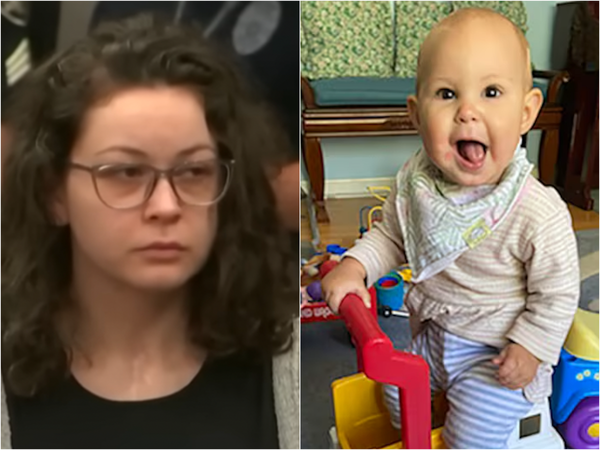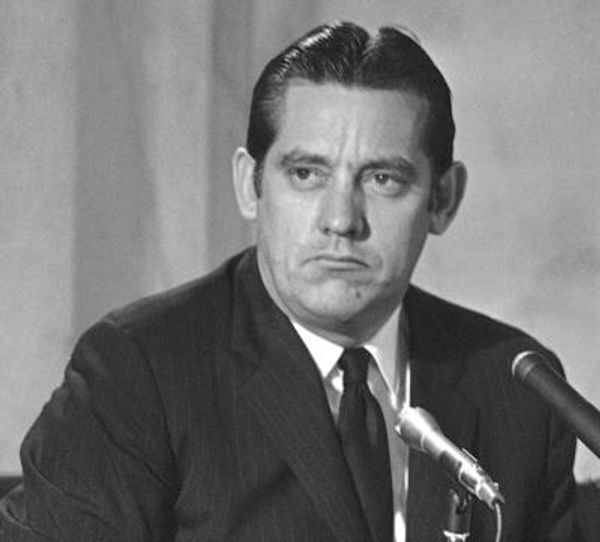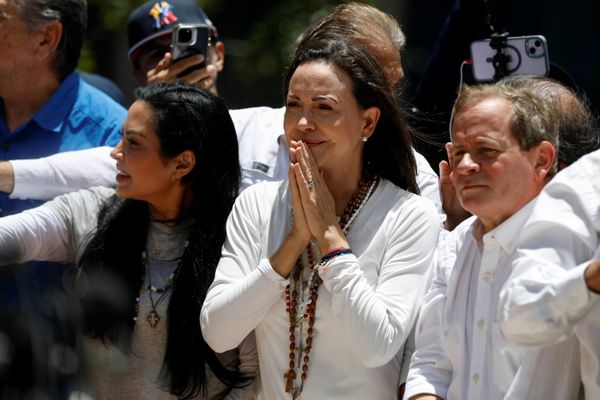
Frankfurt (AFP) - Germany's Munich Philharmonic fired Russian conductor and Kremlin loyalist Valery Gergiev on Tuesday after he failed to denounce Moscow's invasion of Ukraine, while a top Russian soprano withdrew from concerts as the fallout from the war engulfed artists.
Gergiev, 68, has come under pressure from classical music institutions across Europe since Russian forces entered Ukraine last week, and had already been dropped from a slew of prestigious concerts.
"With immediate effect, he will no longer be conducting concerts of the Munich Philharmonic," Munich mayor Dieter Reiter said.
The move came after Gergiev ignored a Monday deadline to publicly distance himself from Russian President Vladimir Putin.
Milan's Scala philharmonic also said Tuesday that Gergiev would no longer conduct a concert in the Italian city on March 7.
The dismissal as Munich's chief conductor is a major blow for Gergiev, who is considered one of the world's greatest maestros.
As well as being the principal conductor of the German orchestra since 2015, Gergiev is perhaps best-known as the long-standing artistic director of the Mariinsky Theatre and the famous White Nights Festival in Saint Petersburg.
Gergiev has not yet spoken publicly regarding Moscow's offensive.
But he has proven fiercely loyal to Putin in the past, allying with him on the 2014 annexation of Crimea and a law aimed at stifling LGBT rights activists in Russia.
Meanwhile, Russian diva Anna Netrebko announced she was taking a step back from performing after sparking controversy with a Facebook post that condemned the war in Ukraine, but also said it was "not right" to force artists to voice their political opinions.
"After careful consideration, I have made the extremely difficult decision to withdraw from concert life until further notice," Netrebko said in a statement shared by German concert promoter River Concerts.
'New escalations'
Netrebko, one of the world's most in-demand opera singers and a vocal supporter of Putin in the past, had been due to perform at Hamburg's Elbphilharmonie on Wednesday.
The event has now been postponed until September.
The Zurich Opera, where Netrebko was scheduled to perform in Verdi's Macbeth twice in March, said she had pulled out and that the role of Lady Macbeth would be sung by Veronika Dzhioeva instead.
Netrebko, who has collaborated with Gergiev on many high-profile performances, has previously been a vocal supporter of Putin.
In 2014, she visited the contested Donetsk region where she posed with a rebel flag and offered a check for one million rubles ($15,000) to a separatist politician.
But as the ripple effects from anger over the Ukraine war spread to the worlds of entertainment and sports, the pressure placed on Russian performers also came in for scrutiny.
Germany's Sueddeutsche newspaper warned against painting anyone who doesn't loudly oppose Putin as "complicit", especially when livelihoods were at stake.
"Every day brings new escalations, big and small, and no one knows what this will lead to," it wrote.
Praise for Putin
Gergiev, who has known Putin for three decades, spoke of his admiration for the Russian leader in a 2018 interview with AFP.
He praised Putin for guaranteeing stability in Russia and restoring national pride, saying the president's popularity was something "the Western world has difficulty understanding".
Gergiev had in recent days already been dropped from upcoming concerts at the Philharmonie concert hall in Paris and New York's Carnegie Hall.
The Edinburgh International Festival has also cut ties with him, as has Switzerland's Verbier Festival, as well as his agent in Germany, Marcus Felsner.
The Rotterdam Philharmonic joined the list on Tuesday, ending a collaboration with Gergiev that dated back to 1988.The Gergiev Festival in the Dutch city was also scrapped.
The Bavarian State Opera, also in Munich, said on Twitter it was cancelling planned engagements both with Gergiev and Netrebko.
In New York, the general manager of the Metropolitan Opera, Peter Gelb, vowed that the world-famous opera house will "no longer engage with artists and institutions that support Putin or are supported by him," without naming any specific names.







